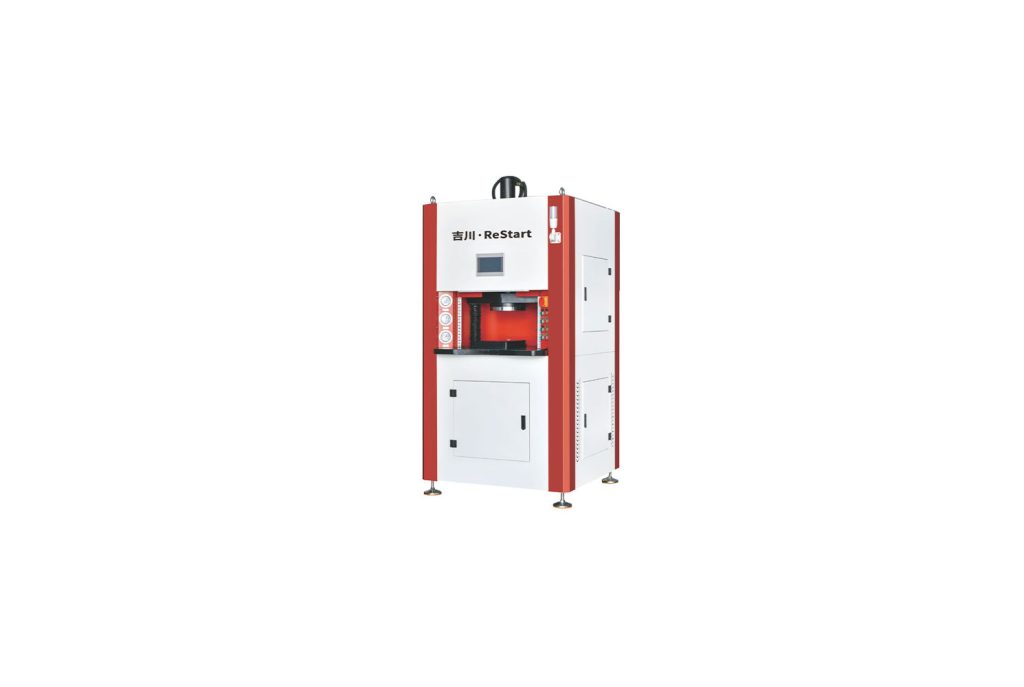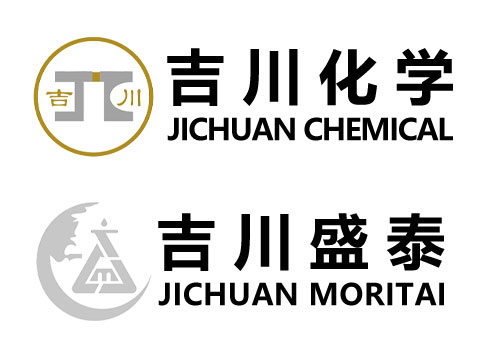In modern manufacturing, surface treatment technology is crucial, especially in industries such as precision parts, medical equipment, aerospace, and mold manufacturing. With the development of science and technology, fluid polishing technology has gradually attracted widespread attention. Compared with traditional polishing methods, which one is more suitable for your needs? This article will make an in-depth comparison between the two.

What is a fluid polishing machine?
A fluid polishing machine is a device that uses flowing abrasives to finely grind and finish the surface of a workpiece under pressure. It can evenly remove burrs and optimize surface roughness. It is particularly suitable for precision parts with complex structures, small holes, inner walls and other difficult-to-reach areas. Fluid polishing machines are widely used in aerospace, medical equipment, mold manufacturing and precision machining industries, and are gradually replacing some traditional polishing methods with their high efficiency, environmental protection and automation.
Comparison between fluid polishing machine and traditional polishing
| Comparison Item | Fluid Polishing Machine | Traditional Polishing Machine |
|---|---|---|
| Processing Principle | Uses high-speed flowing abrasive fluid for micro-level precision polishing | Relies on mechanical friction, abrasive media, or chemical action for polishing |
| Applicable Workpieces | Complex shapes, micro-holes, inner surfaces, precision components | Flat surfaces, large areas, and regular-shaped workpieces |
| Processing Accuracy | High, up to nanometer-level | Limited by tool precision, difficult to achieve ultra-high accuracy |
| Consistency | Automated control, high consistency | Influenced by manual operation, consistency is harder to maintain |
| Efficiency | Batch processing, time-saving | Depends on manual labor or single-machine operation, lower efficiency |
| Surface Quality | Achieves mirror-like polishing, improves part performance | May have localized unevenness, affecting final quality |
| Environmental Impact | Low pollution, low energy consumption, some processes allow abrasive fluid recycling | May involve chemical agents or generate dust, causing pollution |
| Applicable Industries | Aerospace, medical instruments, precision manufacturing, automotive parts, and other high-end industries | Machinery manufacturing, metalworking, furniture decoration, and other traditional industries |
| Cost | Higher initial investment but saves labor and consumables in the long run | Lower equipment cost, but higher labor and consumable expenses |
How to choose the right polishing method?
Fluid polishing machines are gradually replacing some traditional polishing methods in the field of high-end manufacturing, especially for industries with high precision, automation and environmental protection requirements. Traditional polishing methods are still suitable for certain specific applications. Therefore, the key to choosing a suitable polishing method is to evaluate your product needs, production scale and budget.
If you want to know more about the application of fluid polishing technology, please contact JiChuan Chemical, we will provide you with professional solutions!
Recommended Reading
Manufacturing of Abrasive Flow Machining Fluid Polishing Machine – Jichuan Chemical
Application introduction of abrasive fluid jet polishing machine – JiChuan Chemical
How to polish aircraft impeller parts with curved inner holes——JiChuan Chemical

